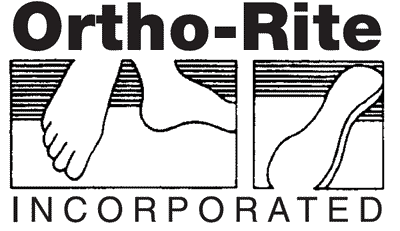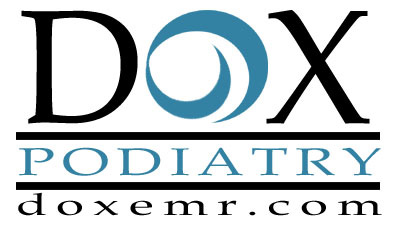



|
The Cost of Hiring an
Associate
 by Jordan R. Stewart, DPM Timonium Foot and Ankle Center Established July 2006 Timonium, MD When you are a business owner, you cannot pay yourself until the expenses of running the business are met. You must understand these expenses, termed practice overhead, because they directly impact your income whether you are an associate or a business owner. Overhead can be broken down into fixed and variable expenses. The following table illustrates these fixed and variable expenses:
The fixed and variable expenses are used to make the practice budget. Although both fixed and variable expenses are subject to cost of living increases annually, the fixed expenses will not change throughout the year, because they are not tied to practice volume—for example, rent. In an existing practice, the variable expenses can be estimated by looking at the expenses in previous years. Determining these expenses in a new practice is a little harder, as there are no historical figures based on your practice, but good estimates can be made. I cannot stress enough the importance of understanding these expenses, as they play a key role when negotiating a contract. Prior to interviewing, I created a spreadsheet of the fixed expenses my employer would incur by having me as an associate. Below is the list I came up with.
As you can see, PICA and APMA fees increase over time. A new practitioner discount is used for 4 years until the mature rate kicks in. These fixed expenses, plus your salary, is what your employer will have to layout for you to work in the practice. Using the above table as a guide, compile your own spreadsheet and figure out what the fixed expenses are to have you in a practice. Once you gather this information, we will take a further look at the cost of an associate and its impact on practice overhead. Understanding this impact should help you when you negotiate a contract and hopefully land you a fair deal.
|














